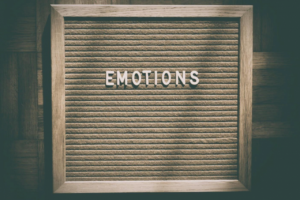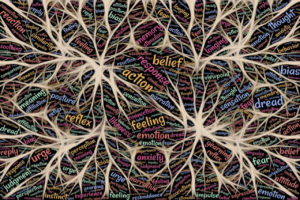The principle of equanimity is all about balance, resilience, and equilibrium. But it doesn’t mean that we must accept a life of passivity, in which we exist without emotion, without vibrancy, without humanness!


The principle of equanimity is all about balance, resilience, and equilibrium. But it doesn’t mean that we must accept a life of passivity, in which we exist without emotion, without vibrancy, without humanness!

Not only does constantly striving to achieve things potentially up our cortisol levels and mess up our microbiome, it creates neuropathways that are not conducive to a mindful existence. In other words, the more we focus on doing things, the more our mind rewires around that, which makes us harder to be mindful — which, in case you’ve not been following along, ain’t so great.
So how do we mindfully go the other direction? By getting more rest.

Emotions influence how we engage with others, affect the decisions we make and our relationship with them, and how we respond to them, and communicate with them, makes all the difference.

So what is gratitude?
Cicero, in Roman culture, named gratitude the “mother” of all human feelings.
In woo-woo talk, it’s that tingly, fuzzy, feel-good sensation inside our minds, and maybe even hearts. It’s validation. It’s instant happiness.
And it is. When we express gratitude, it acts as a catalyst for our brain to release dopamine and serotonin – neurotransmitters responsible for happiness.
Page [tcb_pagination_current_page] of [tcb_pagination_total_pages]
Join us to get our weekly newsletter, The Practice, for FREE and access to all of our articles, downloadable resources and online programs so you can start building your personal practice of Mindfulness, Activation, Purpose and Surrender and live the authentic, bold, and dynamic life you've always wanted.